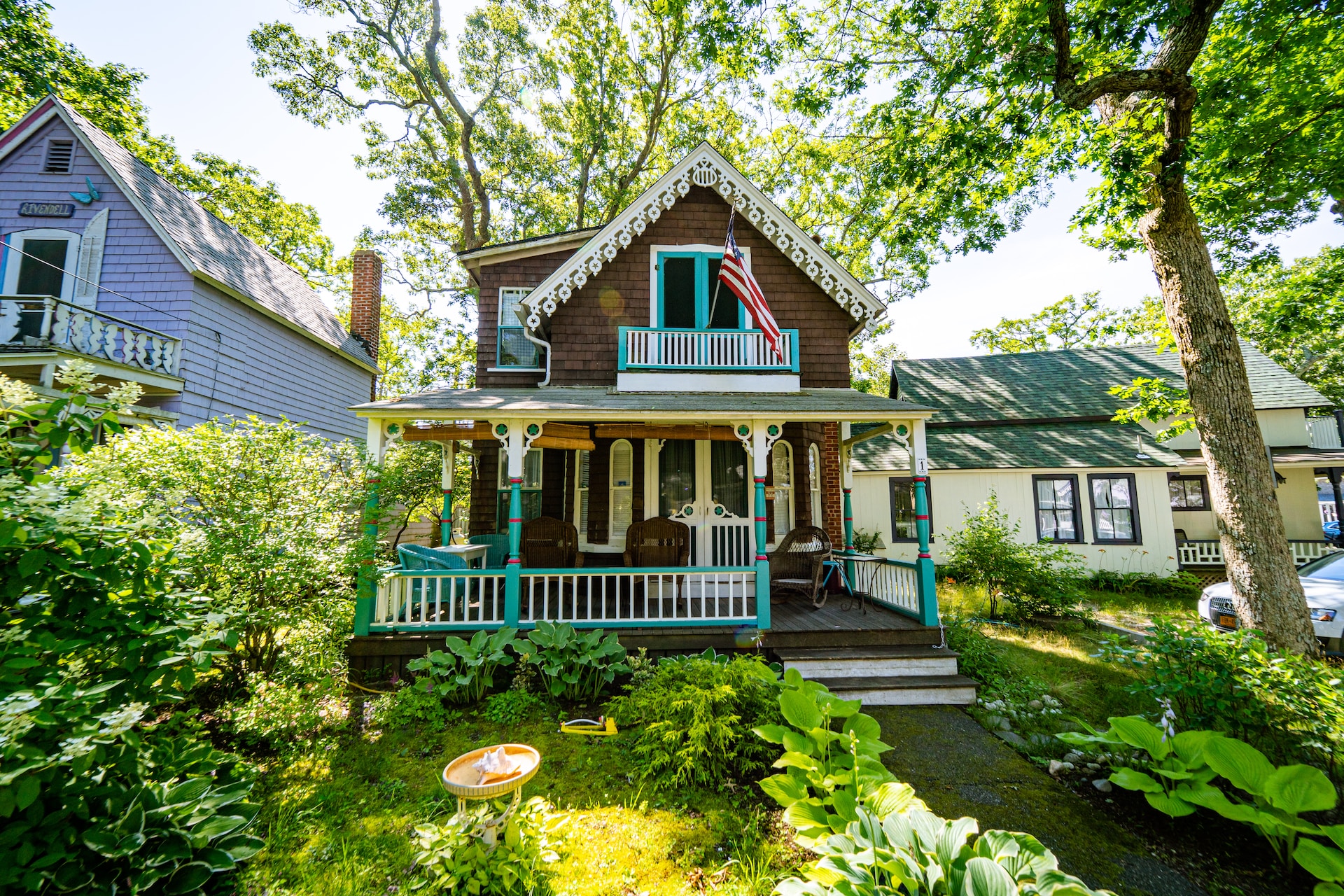One of the most significant financial decisions you’ll make is whether to rent or buy a home.
Each option has its advantages and considerations, so it’s crucial to evaluate your financial situation and long-term goals. In this blog, we will guide you through the process of calculating the difference between renting and buying a home.
By understanding the various factors involved, you can make an informed decision that aligns with your financial well-being. Here is how to do that calculation for yourself.
Assess your financial situation
Before diving into the calculations, start by assessing your financial situation. Consider your income, savings, credit score, and stability of employment.
Review your budget to determine how much you can comfortably allocate towards housing expenses each month.
Determine your time-frame
Consider how long you plan to stay in the home. Buying a home typically involves upfront costs and requires a more extended commitment than renting.
If you anticipate moving within a few years, renting may be a more suitable option.
Calculate renting costs
To calculate the cost of renting, start with the monthly rent. Remember to include any additional expenses such as utilities, parking fees, and renter’s insurance.
Multiply the monthly cost by the number of months you plan to stay to get a rough estimate of your total expenses over that period.
Calculate buying costs
When calculating the cost of buying a home, several factors come into play:
- Down payment: Determine how much you can afford for a down payment. A larger down payment can lower your mortgage and monthly payments. Aim for at least 20% of the home’s purchase price to avoid private mortgage insurance (PMI).
- Mortgage payments: Use online mortgage calculators to estimate your monthly mortgage payments based on factors such as the loan amount, interest rate, and loan term. Consider both fixed-rate and adjustable-rate mortgage options.
- Property taxes: Research the property tax rates in the area where you plan to buy. Multiply the annual tax rate by the home’s value to estimate your yearly property tax expense. Divide by 12 to determine the monthly cost.
- Homeowners insurance: Obtain insurance quotes to determine the average monthly premium for homeowners insurance in your area.
- Maintenance and repairs: Plan for ongoing maintenance and repair costs, typically estimated at 1% to 3% of the home’s value annually. Divide this figure by 12 to determine the monthly cost.
- Homeowners association fees: If you’re considering a property with HOA fees, factor in the monthly amount.
- Closing costs: When purchasing a home, be prepared for closing costs, which can range from 2% to 5% of the home’s purchase price. Consider this one-time expense in your calculations.
Compare renting and buying costs
Now compare the total cost of renting (from Step 3) with the total cost of buying (from Step 4).
Take into account the time-frame you calculated earlier. If renting costs less than buying within that time-frame, renting may be the more economical choice. If buying costs less or is relatively close, buying may be a better long-term investment.
Additional factors
While the financial aspect is crucial, other factors should be considered:
- Equity and appreciation: Buying a home allows you to build equity over time, potentially benefiting from property appreciation. This can provide long-term financial stability and a potential return on investment.
- Flexibility: Renting offers greater flexibility, allowing you to easily move when necessary without the burden of selling a property.
- Personal Preferences: Consider lifestyle preferences, such as the desire for stability, customization, or the freedom from landlord restrictions.


